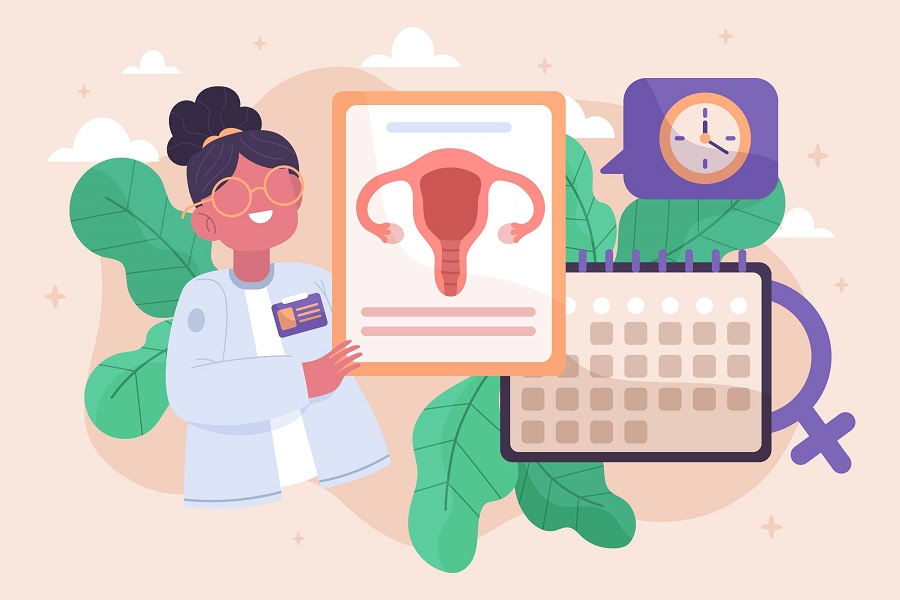Ovulation induction is a common procedure used to stimulate the ovaries to release eggs, typically for fertility treatments such as in vitro fertilization (IVF). While this process can help many women conceive, it is essential to be aware of the potential side effects associated with ovulation induction. Understanding these side effects can help individuals make informed decisions about their fertility journey.
Common Side Effects:
- Ovarian Hyperstimulation Syndrome (OHSS): One of the most significant risks associated with ovulation induction is OHSS. This condition occurs when the ovaries become swollen and painful due to the overproduction of eggs. Symptoms of OHSS may include abdominal bloating, nausea, vomiting, and difficulty breathing. In severe cases, OHSS can lead to fluid accumulation in the abdomen and chest, requiring medical intervention.
- Multiple Pregnancy: Ovulation induction can increase the likelihood of multiple pregnancies, such as twins or triplets. While many couples may view this as a positive outcome, multiple pregnancies carry a higher risk of complications for both the mother and the babies, including premature birth and low birth weight.
- Ovarian Cysts: Ovulation induction can sometimes result in the development of ovarian cysts. These fluid-filled sacs may cause discomfort or pain and can occasionally rupture, leading to more severe complications. Most ovarian cysts are benign and resolve on their own, but some may require medical treatment.
- Mood Swings: Hormonal changes induced by fertility medications can impact mood and emotional well-being. Some individuals may experience mood swings, irritability, or feelings of anxiety or depression during ovulation induction treatment.
- Ovarian Torsion: In rare cases, ovulation induction can increase the risk of ovarian torsion, where the ovary twists on itself, cutting off its blood supply. This medical emergency requires immediate treatment to prevent damage to the ovary.
Conclusion: While ovulation induction can be an effective tool in overcoming fertility challenges, it is essential to be aware of the potential side effects and risks associated with the treatment. If you are considering ovulation induction or any fertility treatment, it’s crucial to consult with a qualified healthcare provider who can provide personalized guidance and support throughout your journey. If you are in Delhi and seeking fertility treatment, consider reaching out to an IVF centre in Delhi for expert care and assistance tailored to your needs.

